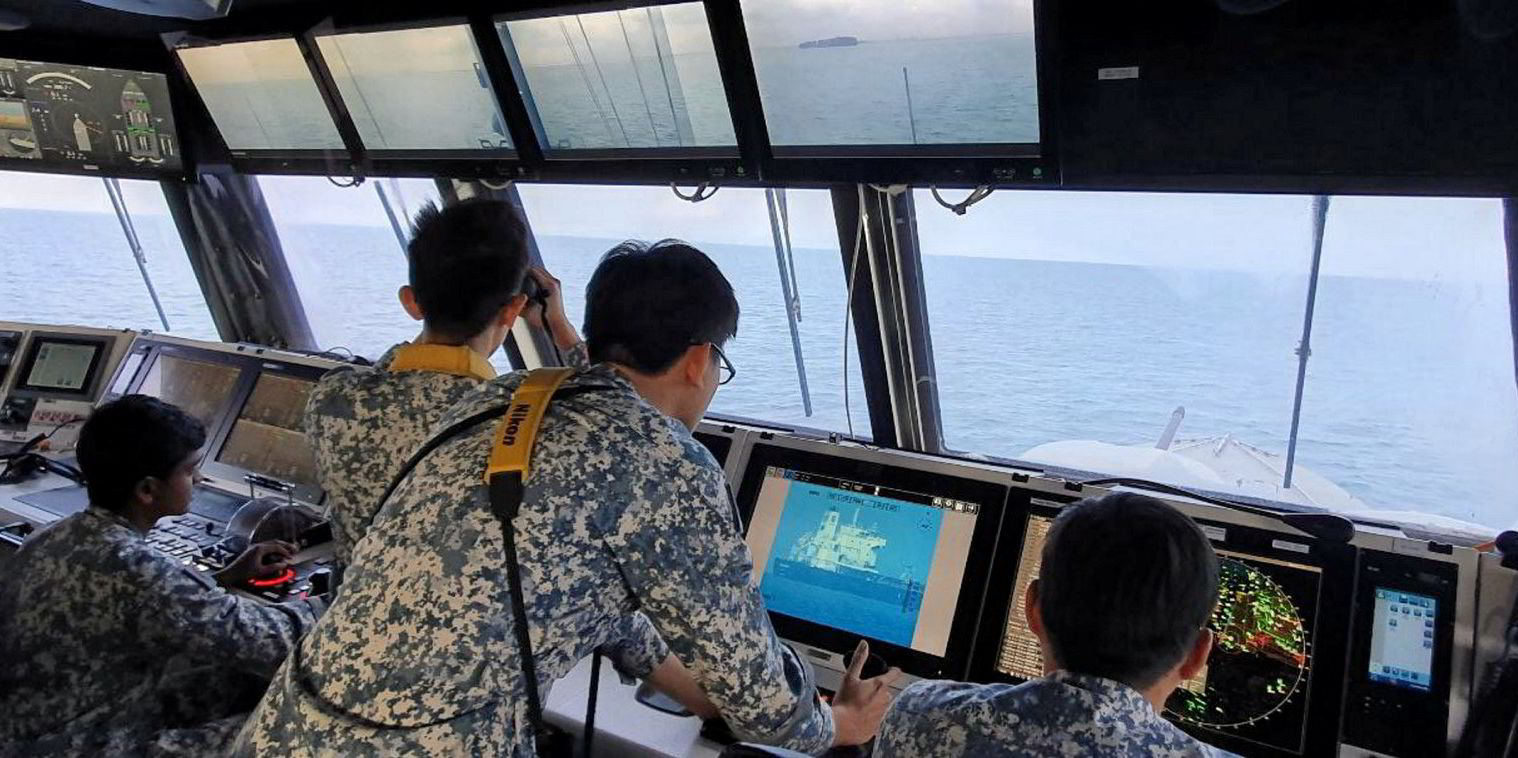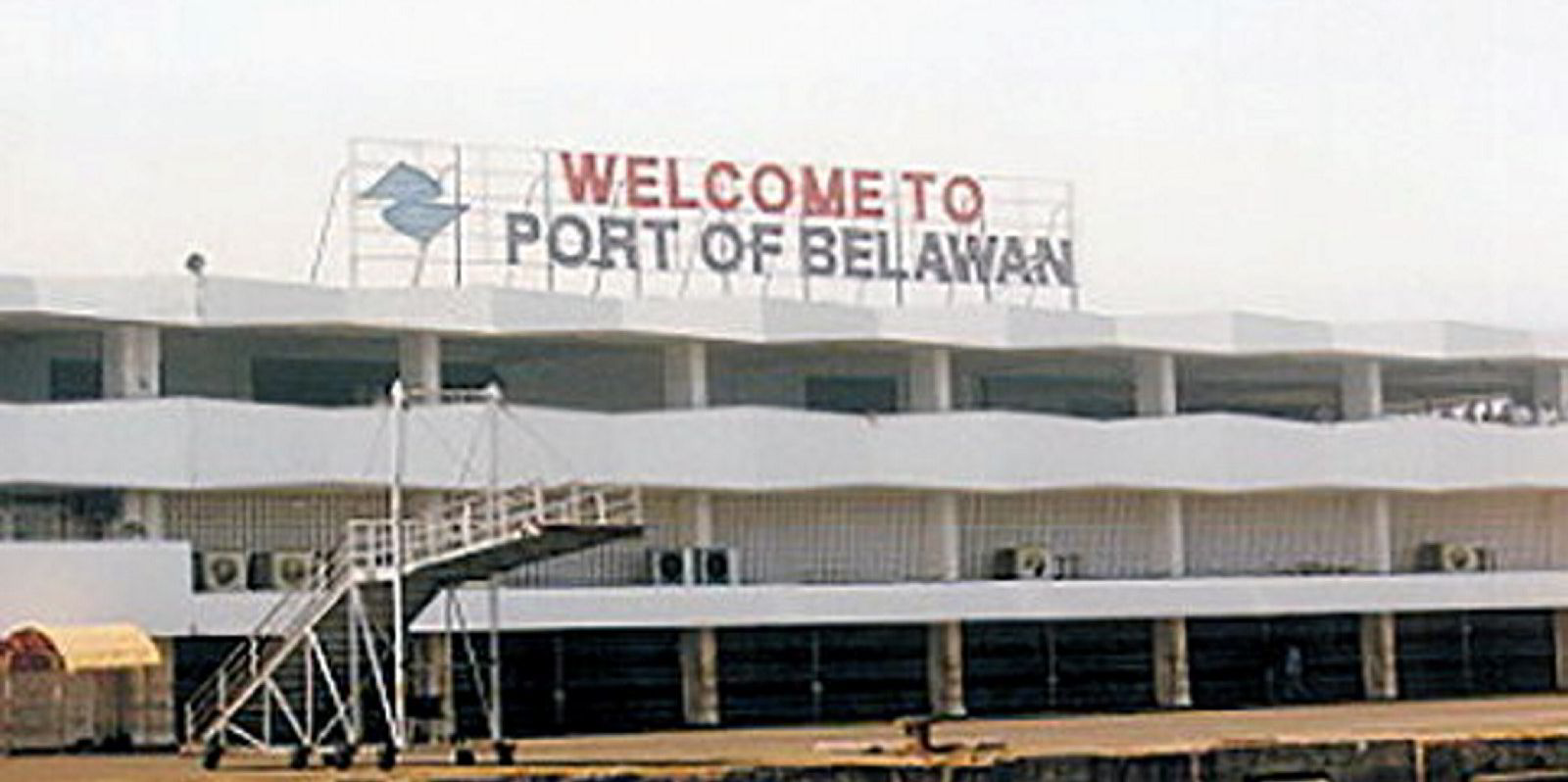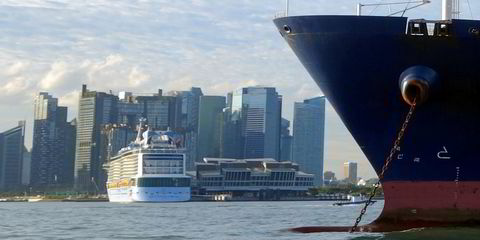Singapore’s surge in maritime piracy is due to a range of socio-economic factors, the city state’s anti-piracy watchdog has suggested.
Incidents in the Singapore Strait were up 41% in the first half of 2023 to 38 against the 27 reported in the first six months of last year.
“The increase in incidents in the Straits of Malacca and Singapore is likely due to the socio-economic situation worsened by the pandemic, lower fish catch due to climate change as well as the prevailing Southwest monsoon,” said Regional Cooperation Agreement on Combating Piracy and Armed Robbery against Ships in Asia (ReCAAP) executive director Krishnaswamy Natarajan.
“These factors may have led the locals of the Strait to turn to sea robbery and petty crimes to make ends meet.
“I urge the law enforcement agencies of coastal States to enhance surveillance, increase patrols and respond promptly to reports of incidents,” he added.
In 42% of the incidents in the Singapore Strait in the first half of this year, nothing was stolen, or losses cannot be ascertained.
Items like engine spares, ships store and unsecured items were taken in the remaining 58% of incidents, according to available data.
Approximately two-thirds of the ships boarded in the Singapore Strait were bulk carriers while underway/sailing.
ReCAAP ISC said the nature of the incidents is generally opportunistic and of lesser severity, committed by perpetrators who are non-confrontational and adopting a ‘hit-and-run’ approach.
“In most incidents, the criminals board ships that are ill-prepared, have low freeboard, and manoeuvre at slow speed in restricted areas of the Straits of Malacca and Singapore (SOMS),” it added.
Natarajan said ReCAAP ISC has been actively engaging the littoral states of the SOMS, the shipping industry and relevant agencies in a bid to tackle the increasing number of incidents.
These include discussing ways to enhance cooperation and information sharing, to expedite operational response to deter sea robbery incidents in the SOMS, he added.
“Ships transiting the SOMS are strongly advised to enhance vigilance, maintain all round look-out and report all incidents immediately to the nearest coastal state authorities,” he said.
ReCAAP ISC said it is also turning to data analytics as part of efforts to provide deeper insights into the piracy and sea robbery threat in Asia.
The agency aims to draw correlations between different data sets, identify relevant trends and provide visualisation of data to aid understanding of the situation.
It says it has recently completed phase two of the data analytics project which explores the impact of external factors such as wind speed, weather conditions and moon phases on incidents of piracy and armed robbery against ships.
“Ship masters can refer to insights featured in our reports to make informed decisions on risk assessment when planning their voyages through the areas of concern,” ReCAAP ISC said.






